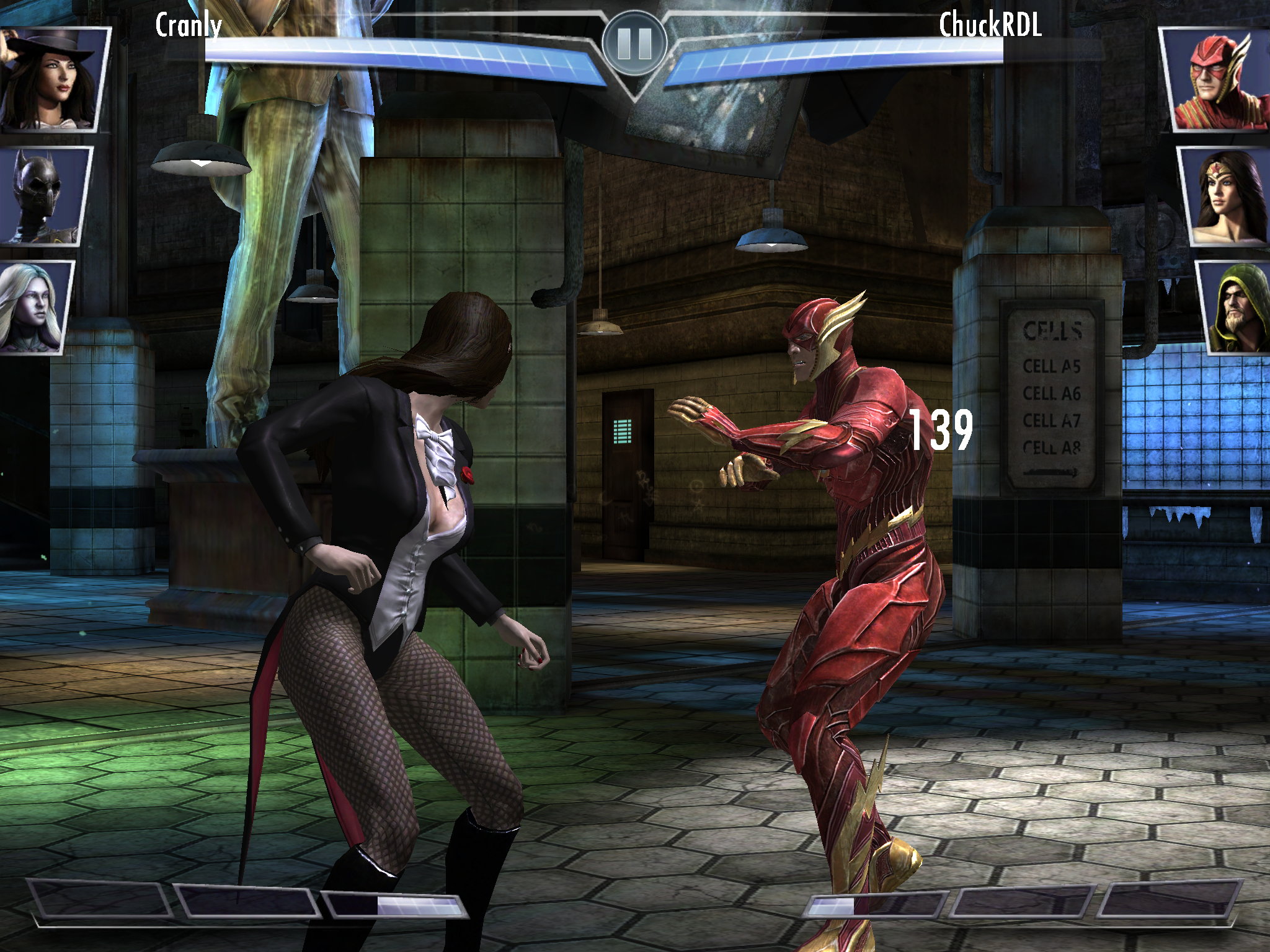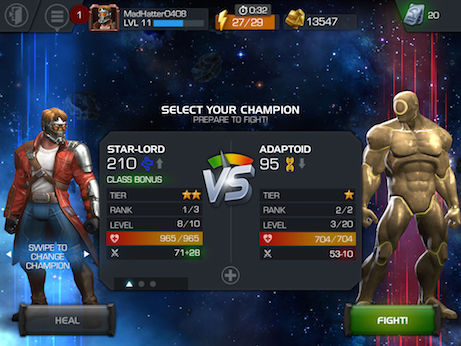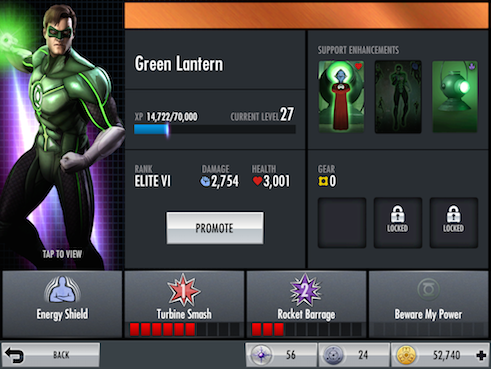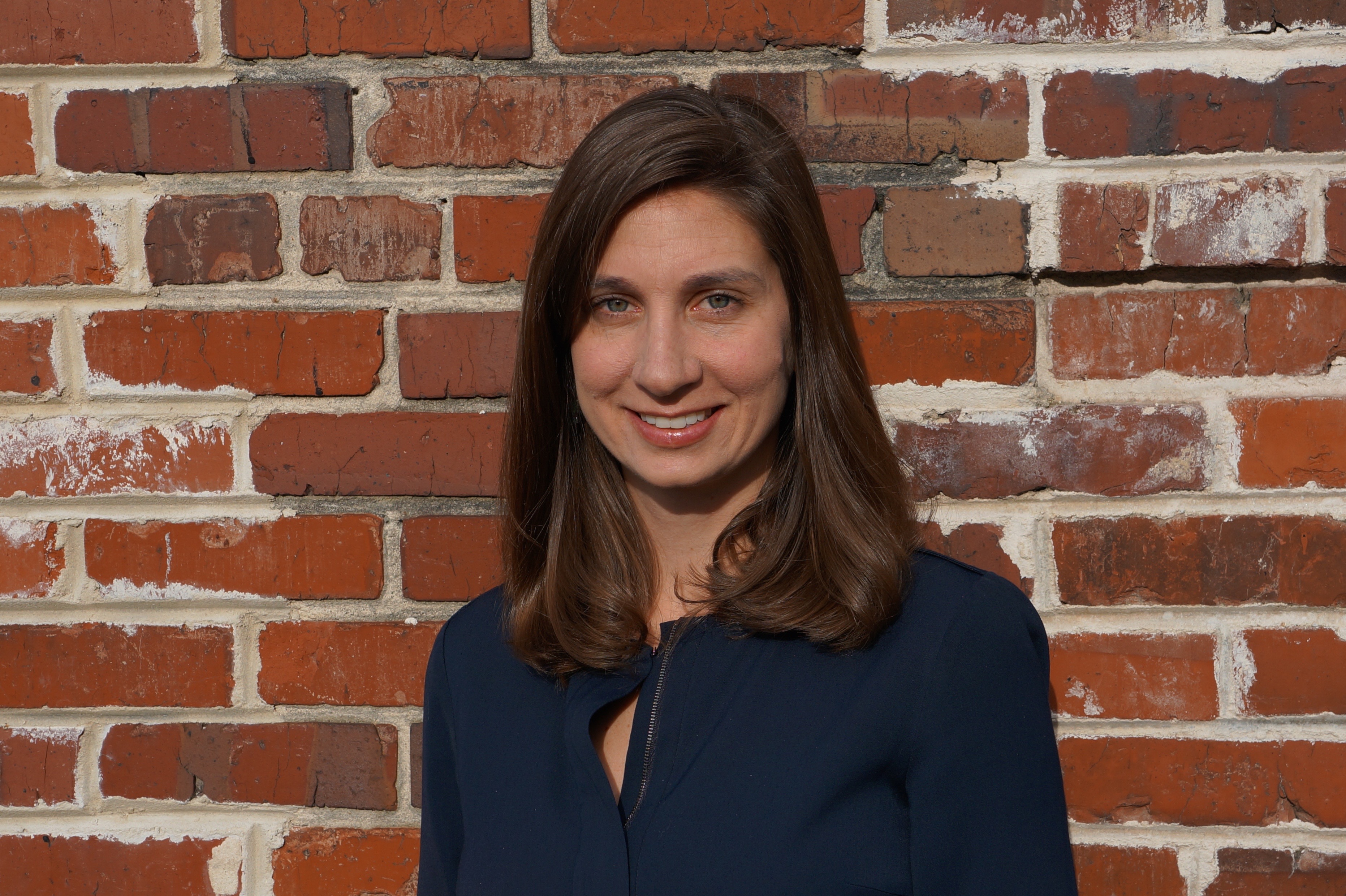Smartphones are pretty amazing. Seriously, I only just got one a few months ago after having the same dumb phone for 5 years, and it has changed my life. And by “changed my life” I mean “it’s made me waste a whole bunch of time.” Some of this time is wasted on YikYak, some is wasted watching Whose Line clips on the toilet, and some is wasted swiping right on every single human being on Tinder. But all of those pale in comparison to the time I’ve wasted playing games on my phone. As we all know, the gaming and smartphone landscape has been transformed by the emergence of mobile games, but why are these games so popular? No doubt their price, easy access, and simple play mechanics–but I would argue that there is one more element not usually considered. These games trick us into thinking we enjoy them.
Quite an accusation, right? Trust me, I can back it up. I spent this semester helping Prof. Steirer with research on mobile games, and my job involved playing every mobile game that was related to a console game or franchise from the last three years. This came out to about 35 companion apps and around 30 actual games that could be played without owning the console game. I think I could argue that almost all of the games I played involved tricking the player into thinking he or she enjoys the game, but two stand out above the rest: Injustice: Gods Among Us and Marvel: Contest of Champions.
Both games are superhero fighting games with an emphasis on collecting heroes and building up their stats to fight against other heroes. They differ in the fine details (Injustice features teams of three heroes in each battle, Marvel has a map screen where you can decide what battle to do next), but these differences are mostly irrelevant. The core gameplay remains the same for both games. I won’t go into detail as to how the gameplay works, as the games are way more complex than they need to be. Plus they’re free, so you can go play them for yourself if you’re really curious. Simply put, the gameplay of each game involves picking a hero on your team who is stronger than your enemy and tapping the screen until you win. I wish I were joking. And yet each game has over 10 MILLION downloads, and some surprisingly active communities on Reddit and on the games’ respective official forums. So why then are these games so popular? Because each game adds a few simple features that make the game feel rewarding to play without actually being an engaging experience.
Both of these games use design choices that help disguise how boring the gameplay actually is. Essentially, the game is designed to make the player think he or she is having fun when really he or she is just enjoying being rewarded by the game. The games reward players do in a variety of ways. For instance: Booster Packs. Both games have “booster packs” (Marvel calls them Crystal Packs because I guess superheroes all come out of crystals now) where you pay some in-game currency (or real-life currency if you’re that bougie) to get a few random heroes or power-ups. What makes these packs feel rewarding is that getting something really good isn’t guaranteed. Rather than being like a store transaction (boring…), they’re like gambling (exciting!) where gains are determined by chance, thus making any gains feel much more rewarding. The impatience aspects of Injustice and Marvel serve the same purpose. Because your “energy” (ability to just play the game) will run out after a while, you start to look forward to when your energy will be refilled and you can play again. Or in Marvel you can just spend some money to be able to play again. You know what they say, “absence makes the heart grow fonder.” And in this case, the game is purposely being absent to make you miss playing it. It’s deceptive and annoying but it seems to work.
Injustice and Marvel also make use of RPG elements like stats, leveling up, power levels, and experience. Again, the fine details differ somewhat. For instance, Marvel makes you spend an in-game resource called ISO-8 and gold to increase your heroes’ stats, whereas heroes in Injustice will level up from experience alone. And once again, these differences don’t really matter because they don’t change the way you play the game. Injustice levels up the character that I use the most, and Marvel lets me choose which characters to upgrade by spending money and ISO-8. But I’m only going to upgrade the characters that I use the most anyway, so Marvel is just putting extra steps in between playing the game and leveling up characters to make it feel like I’m accomplishing more than I am. Heroes in each game can also be promoted (subtly different from leveling up) by spending yet another form of in-game money. Two types of leveling up means twice as much opportunity for the player to feel like they’ve accomplished something! This leads to a complicated interface with over-designed, confusing menus that serve to help me do something that could just be automatic. But the games employ effects that compliment what should be an annoying time-waster to make it feel fun. Leveling up in Marvel feels good because of the flashy visuals and big sound effects–never mind the fact that you don’t ever get to really feel the effects of leveling up a character, because every battle plays out the same way. Tap the screen for a while (maybe swipe left to right a few times too) and if you’ve spent enough currency and have better numbers you win. Which brings me to my next point…
Money. Currency plays a major role in both games. Injustice has three different kinds of money (challenge credits, power credits, and alliance credits, plus you can spend real money to get more power credits). Marvel has five! FIVE different kinds of money! If Marvel: Contest of Champions was a country, it would have the most insane economy of all time. Battle chips, ISO-8, gold, alliance points, loyalty, not to mention crystals, experience, “units”–GOOD LORD, WHEN DOES IT STOP?! Marvel and Injustice have so many different ways to reward the player, but none of these things have any real impact on how the game is actually played! Collecting things is fun, sure. But what’s the point in having an inventory screen full of stuff and a virtual wallet full of money if there’s no fun way to use it? The thing to note about all of these RPG elements, items, and currencies is that they make the games incredibly complex, but not at all deep. Complexity is simply the number of rules that a player needs to know in order to play the game. Depth is a measure of how many meaningful choices a player can make given a rule-set. Having a ton of stats, upgrades, currencies, and items adds a lot of complexity. But the only choice a player makes during actual gameplay is which hero to use in a fight (and Marvel already tells you which character in your party has the best chance of winning so even that isn’t really a choice). With all of that complexity, the games have almost no depth because the player doesn’t get to make any real choices during gameplay.
All of these elements serve to reward the player. These games feature tons of different items and currencies so that after a battle the player is rewarded. Finishing a fight and seeing a list of stuff that you earned feels satisfying! But these rewards are artificial and don’t change how we play the game in any meaningful way, so what’s the point? The point is just to compel us to keep playing the game even though the game isn’t really engaging. The rewards exist for their own sake, and don’t really factor into any greater purpose. Getting rewards are just a means to get even more rewards. To me, the most well-designed games are ones in which simply playing the game is its own reward. The reward in a fighting game should be that you won the fight! Not that you got some upgrade stuff and some money. Getting to the end of the story and beating the bad guy should be the reward of games with linear narratives. But maybe we don’t want all that depth in a mobile game, right? Maybe we just want something fun to makes us feel satisfied that doesn’t take much thought. I would counter that with one example: 2048.
Everyone reading this has heard of and likely played 2048. The gameplay is simple: swipe numbers together to create bigger numbers with the ultimate goal of getting a tile worth 2048. There’s no RPG elements, no upgrades, no money, no levels, and no rewards beside the main goal of the game. It is a game with little complexity, but a surprising amount of depth. The game gets harder as it progresses, rather than keeping the same level of challenge throughout and just giving the player higher numbers to throw around. And the good news? There’s actually a lot of games out there like this (1010!, Cut the Rope, even Flappy Bird could be argued to be like this). More and more unfortunately are starting to include elements of trickery like the ones used in Injustice and Marvel: Contest of Champions. Cut the Rope when it first came out didn’t have any fake rewards or impatience aspects. But Cut the Rope 2 came along and gave us solar energy that drains as we play, superpower upgrades to let us do the levels without actually doing them, and a silly pointless map screen to give the player an artificial feeling of progression. Games don’t have to be like this. Playing a game, even a mobile game, can still be an engaging experience in and of itself; designers need’s doesn’t resort to trickery to get us to keep playing.
So next time you play a game on your phone (or anywhere else for that matter), think about how you’re experiencing the game and ask whether you’re really having fun, or if the game is just trying to trick you into thinking you’re having fun. And don’t be satisfied with games that do the latter when there are so many better ways for games to engage players.




Recent Comments